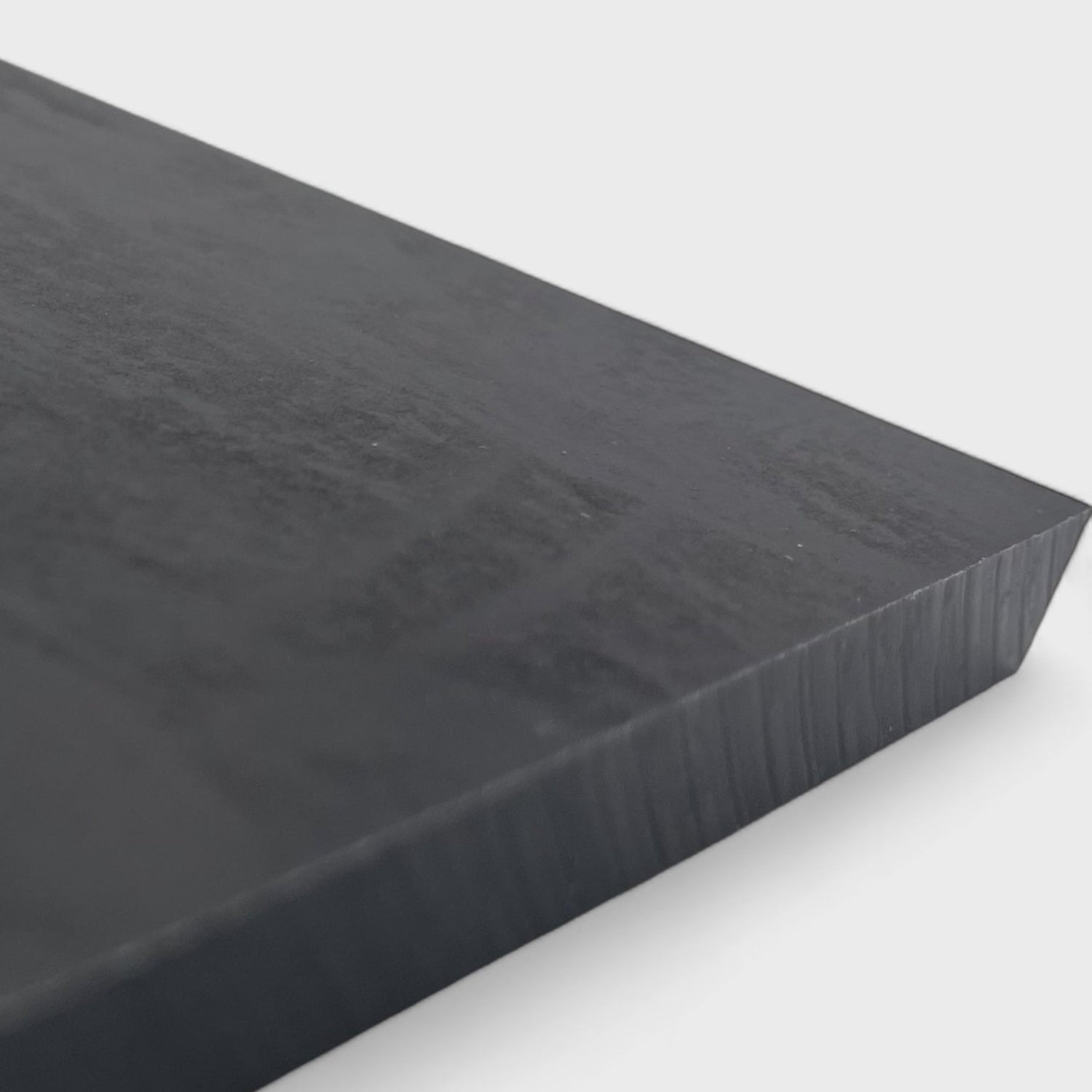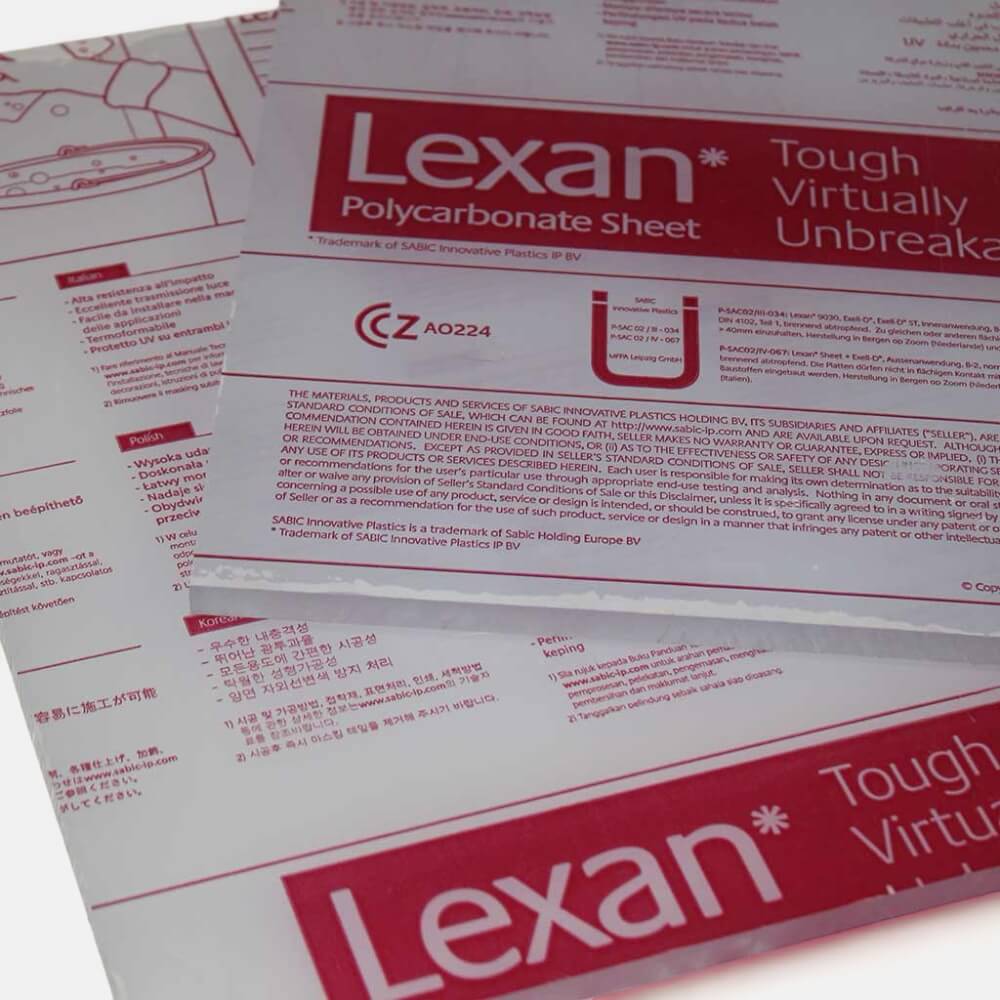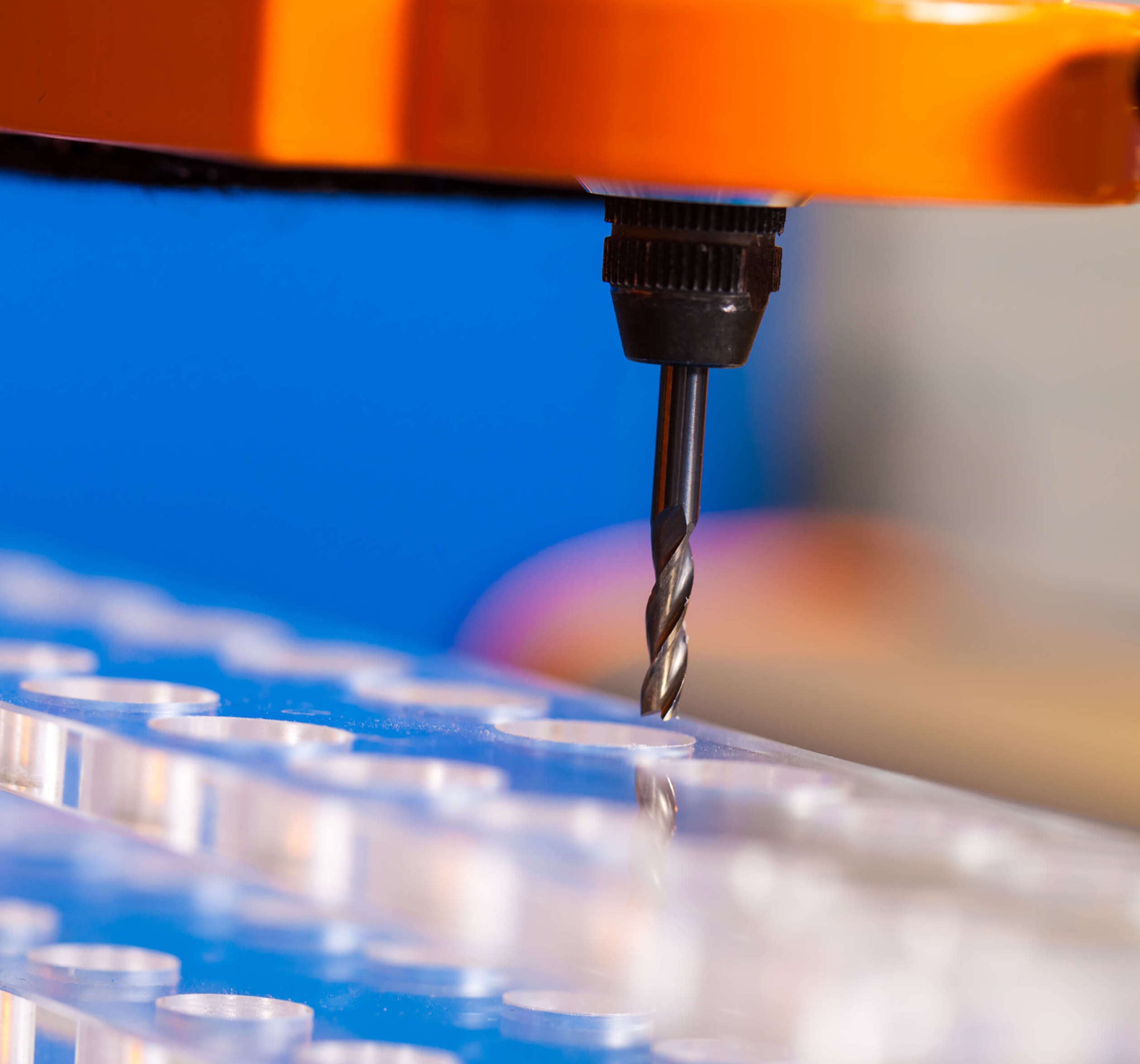Teflon, a brand name commonly associated with the chemical compound polytetrafluoroethylene (PTFE), is a synthetic fluoropolymer of tetrafluoroethylene. First developed in the 1930s by Roy Plunkett, a chemist working for DuPont, Teflon’s unique properties were soon recognised, leading to its widespread use across industries. Known for its non-stick, heat-resistant, and low-friction characteristics, Teflon has become integral to applications ranging from cookware to industrial machinery.
Properties of Teflon
Teflon is celebrated for its combination of distinct physical and chemical properties:
Non-Stick Surface: The most well-known property of Teflon is its non-stick surface, which prevents substances from adhering to it. This characteristic is widely used in cookware and kitchen appliances, where a non-stick surface is ideal for cooking and easy cleaning.
Heat Resistance: Teflon can withstand high temperatures without degrading, making it suitable for applications where it is exposed to heat, such as in industrial processes or kitchen use. It typically retains its stability up to about 260°C (500°F).
Chemical Resistance: Teflon is highly resistant to many chemicals, including acids, alkalis, and solvents. This chemical stability allows it to be used in environments where it might come into contact with corrosive substances.
Low Friction Coefficient: One of Teflon’s key advantages is its extremely low friction, making it useful in applications where surfaces need to slide smoothly against one another. This property is particularly valuable in industrial machinery and mechanical parts.
Water Repellence: Teflon is hydrophobic, meaning it repels water and other liquids, which adds to its versatility in applications that require moisture resistance.
How is Teflon Made?
Teflon is a polymer, which means it’s made up of long chains of molecules called monomers. The specific monomer in Teflon is tetrafluoroethylene (TFE). Through a process called polymerisation, the TFE molecules are linked together to create PTFE. The result is a substance with strong carbon-fluorine bonds that contribute to Teflon’s remarkable stability and resistance to heat and chemicals.
Common Uses of Teflon
Teflon’s unique properties have led to its use in a variety of products and industries:
- Cookware: The non-stick properties of Teflon make it ideal for coating frying pans, baking sheets, and other cookware items. The non-stick surface makes cooking easier and reduces the need for added fats and oils, making it a popular choice for health-conscious consumers.
- Industrial Applications: Teflon’s low friction and high resistance to chemicals make it valuable in industries such as automotive, aerospace, and electronics. It is often used in gaskets, seals, bearings, and linings for machinery, where it helps to reduce wear and increase the longevity of parts.
- Medical Devices: Due to its biocompatibility, Teflon is used in medical devices, especially where friction needs to be minimised, such as in catheters and various surgical instruments.
- Electrical Insulation: Teflon is an excellent insulator for electrical wires, cables, and circuit boards because it resists heat and does not conduct electricity. This application is crucial in industries like telecommunications and electronics.
- Fabric Protection: Teflon coatings are used in fabrics to make them water and stain-resistant. This is commonly seen in outdoor clothing, upholstery, and carpets, providing long-lasting protection against spills and stains.
Advantages of Teflon
The popularity of Teflon can be attributed to several benefits:
- Enhanced Durability: Teflon coatings can significantly extend the lifespan of products by reducing wear and preventing substances from sticking to surfaces.
- Heat Stability: Its ability to withstand high temperatures makes Teflon a reliable choice for products exposed to heat, providing both safety and longevity.
- Versatility: Teflon’s properties allow it to be used in both household products, like cookware, and high-performance applications, such as aerospace components.
- Ease of Cleaning: The non-stick properties of Teflon make surfaces easy to clean, whether on cookware, fabrics, or industrial equipment, reducing maintenance and cleaning efforts.
Concerns and Safety of Teflon
While Teflon is generally considered safe for most applications, there are a few concerns related to its use, especially at high temperatures:
- Decomposition at High Temperatures: When Teflon is heated above 300°C (572°F), it can begin to degrade and release fumes that may cause flu-like symptoms in humans, a condition sometimes referred to as "polymer fume fever." This is particularly relevant in cookware, where overheating can cause issues.
- Environmental Concerns: The production of Teflon historically involved perfluorooctanoic acid (PFOA), a chemical linked to environmental and health risks. However, since the mid-2000s, most manufacturers have phased out PFOA from Teflon production, making modern Teflon products safer and more environmentally friendly.
Teflon has revolutionised industries and homes alike with its unique properties, offering a non-stick, durable, and heat-resistant solution for various applications. While its development raised some environmental concerns, improvements in manufacturing processes have enhanced its safety profile. Today, Teflon remains a trusted and versatile material, whether in a frying pan, an industrial machine, or a medical device, due to its ability to improve performance and durability.





Leave a comment
This site is protected by hCaptcha and the hCaptcha Privacy Policy and Terms of Service apply.